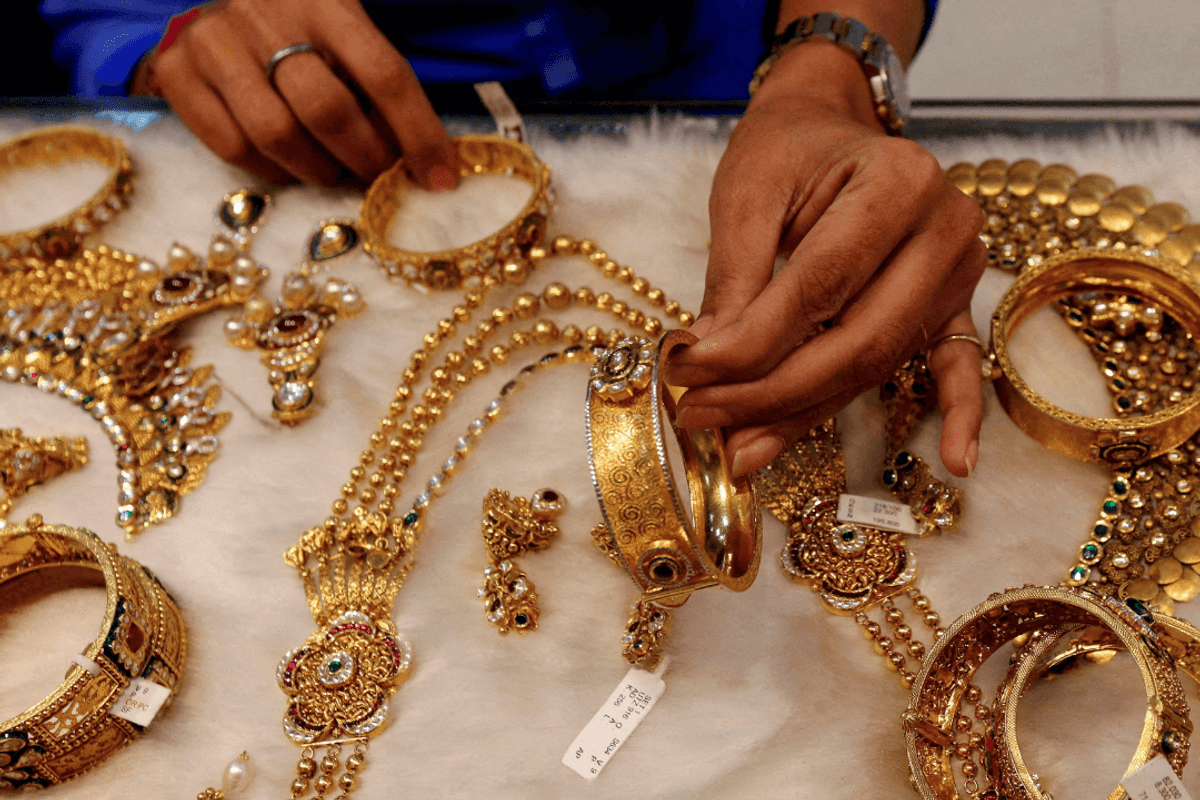Pakistan allows gems, jewelry trade with strict oversight
Top economic body recommends lifting restrictions imposed earlier this year

Shahzad Raza
Correspondent
Shahzad; a journalist with 12+ years of experience, working in Multi Media. Worked in Field, covered Big Legal Constitutional and Political Events in Pakistan since 2012. Graduate of Islamic University Islamabad.

Pakistan’s highest economic body has allowed the import and export of precious metals and jewelry, but with strict oversight to ensure transparency and compliance with financial regulations.
Earlier this year, Pakistan imposed a 60-day ban on the import and export of precious metals, jewelry, and gemstones to stabilize its foreign exchange reserves. The temporary ban was imposed by a Ministry of Commerce order, which suspended the SRO760 of 2013 — a Statutory Regulatory Order which governs the trade of precious metals.
The restriction is linked to the recent impasse with India as a potential strategy to limit the flow of metals.
However, the ban initially imposed for two months has been in place for almost eight months.
Gems and jewelry traders had urged the government to lift the restrictions, which they claimed resulted in losses of billions of rupees.
- YouTube youtube.com
In its meeting on Friday, the Economic Coordination Committee (ECC) of the Cabinet restored SRO 760 and introduced stringent measures to strengthen transparency in the gems trade.
According to the Finance Division, the ECC meeting, chaired by Federal Minister for Finance and Revenue Muhammad Aurangzeb, reviewed a summary submitted by the Ministry of Commerce on the import and export of precious metals and jewelry.
The committee has recommended the reinstatement of SRO 760 to restore the legal framework for trade in precious metals and jewelry.
A decision on this recommendation will now be made by Pakistan’s federal cabinet, chaired by the prime minister.
The ECC has also decided to impose enhanced transparency, automation, and traceability measures for improving efficiency and regulatory oversight.
Sources told Nukta that the Financial Action Task Force (FATF) has urged Pakistan to enhance monitoring of the precious metals and jewelry sectors amid concerns that these channels could be exploited for money laundering or illicit financial flows.
Following FATF’s observations, the government, under the supervision of the secretary of commerce, constituted a six-member committee to identify loopholes and recommend a foolproof mechanism for gems’ trade within 60 days.
According to sources, all relevant departments, including the Trade Development Authority of Pakistan (TDAP), Federal Board of Revenue (FBR), and State Bank of Pakistan (SBP), scrutinized the accounts of registered jewelry exporters and businessmen. The review found no major irregularities in the Entrustment and Self-Consignment schemes currently in place.
Pakistan’s jewelry exports remain modest at around $7 million annually, largely due to stringent export and documentation policies. In contrast, India’s jewelry and gold exports exceed $12 billion, reflecting a more liberalized regime.
Oversight mechanism
The ECC has proposed replacing passbook manual processes with automation, a requirement that exporters use only one designated bank for all import and export transactions, and restrictions that import and export operations be conducted through a single customs station to improve traceability and reduce risk.
The ECC also reviewed a proposal from the Ministry of Commerce on improving the Pre-Shipment Inspection (PSI) framework under the Import Policy Order 2022.
The committee allowed accredited and registered PSI agencies to conduct inspections in line with the policy.
The ECC also considered a summary submitted by the Commerce Division regarding proposed amendments to the procedure for import of vehicles under the Personal Baggage, Transfer of Residence, and Gift Schemes of the Import Policy Order, 2022.
The matter was referred back to the Commerce Division for further consultations with relevant stakeholders.
The ECC also approved an additional funding of PKR 2.5 billion for the establishment of the Pakistan Maritime Science and Technology Park under the Pakistan Navy.
An additional funding of AED 45 million — in rupee cover — was approved for the military-run Frontier Works Organization (FWO) for its overseas construction operations in the United Arab Emirates.
The Election Commission of Pakistan’s (ECP) demand for PKR 456 million to meet expenditures related to the conduct of Local Government Elections was also approved.
Inflation
On inflation, Minister for Finance and Revenue Muhammad Aurangzeb emphasized the importance of sustained monitoring to ensure overall price stability.
The meeting was briefed by Dr Imtiaz Ahmad, Chief Economist, Ministry of Planning, Development and Special Initiatives, on inflation trends and price movements in the country.
He said the inflation had remained moderate before the recent floods but rose to 5.6% in September due to damage to agricultural land and livestock, which disrupted supply chain and pushed food inflation higher.







Comments
See what people are discussing